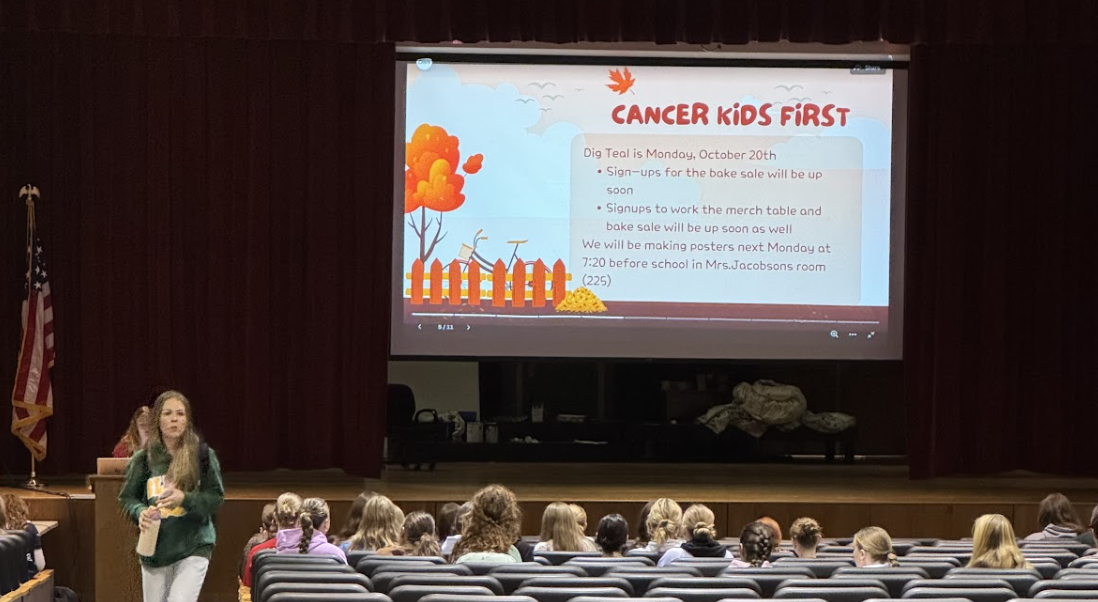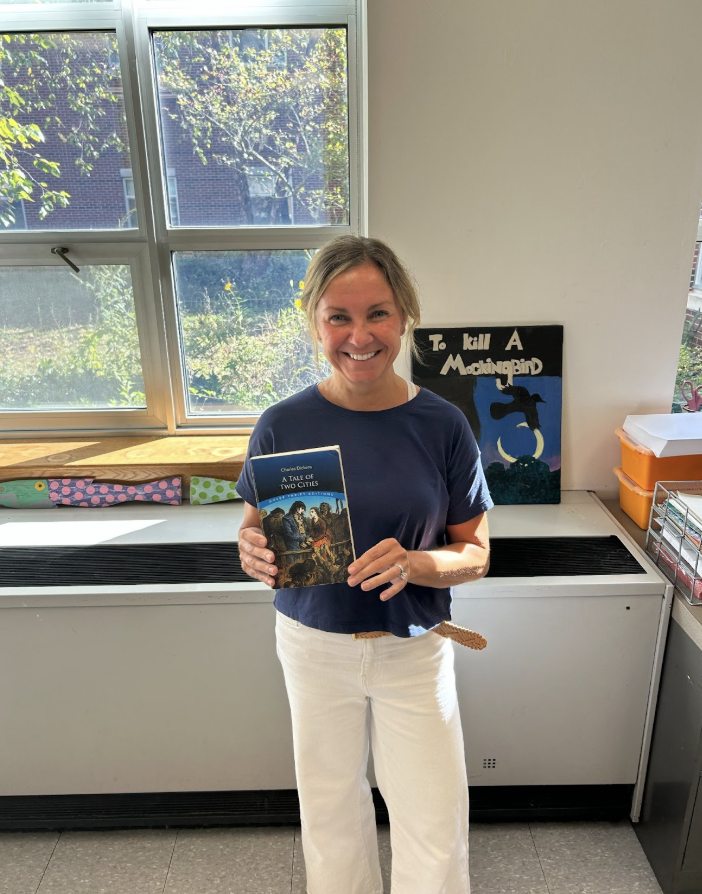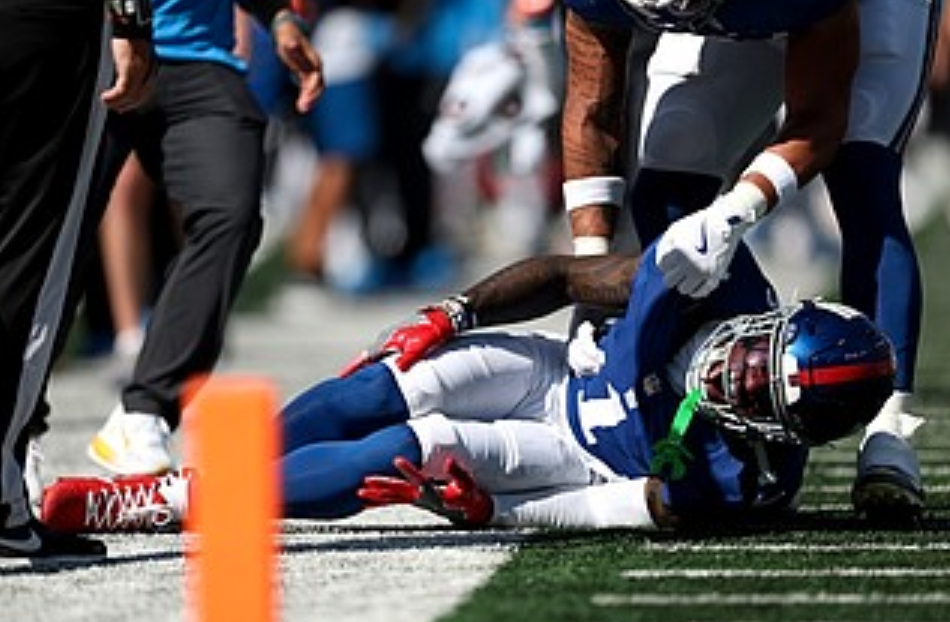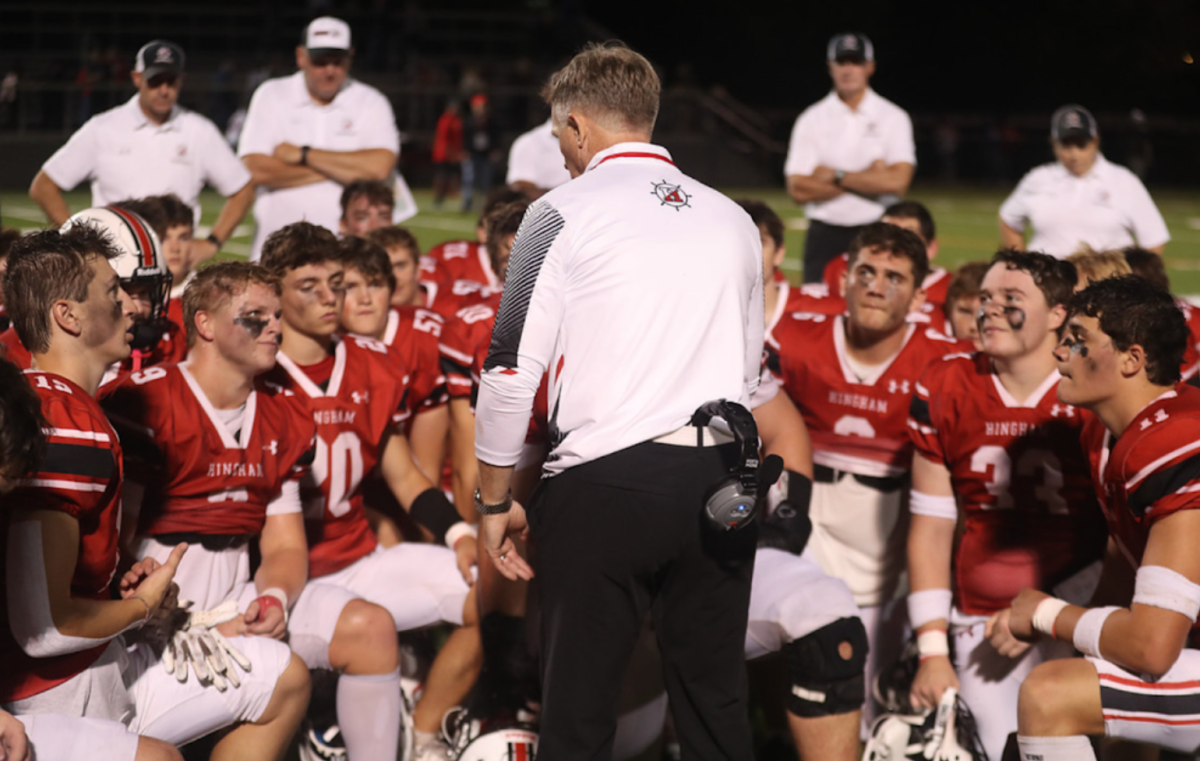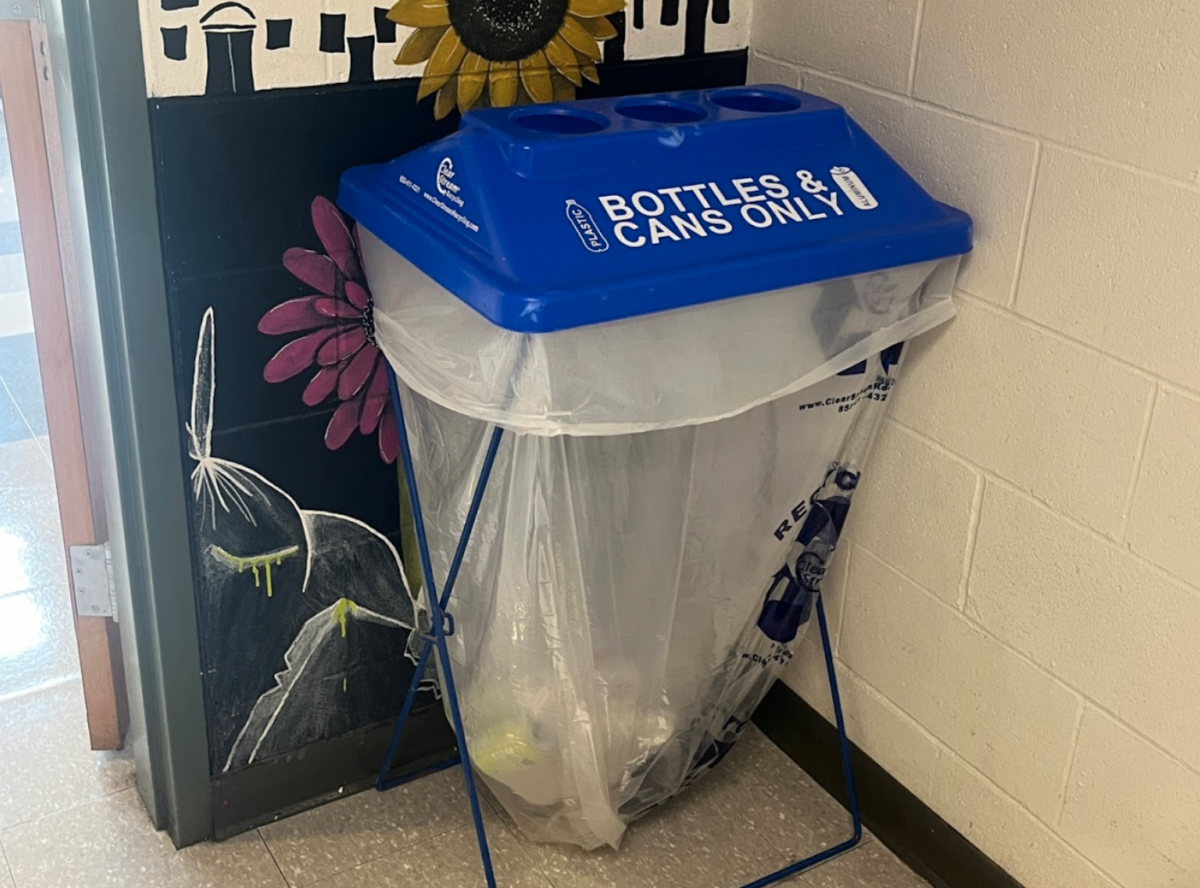Plagiarism: Accidental and Intentional?
A depiction of idea theft, the true nature of plagiarism.
April 15, 2018
What is plagiarism? Despite being such a pertinent issue in schools all around the world, few know how to accurately define it. The crime of plagiarism, according to United Statss Law, is an act of fraud in which a person steals and then attempts to pass of another’s work as his or her own.
The Merriam-Webster online dictionary definition, which is accepted by plagiarism.org, expands upon the criteria. According to this definition, plagiarism includes stealing and passing off the ideas or words of another as one’s own, using another’s production without crediting the source, committing literary theft, and presenting an idea or product as new and original when it was in reality derived from an existing source. In schools, this manifests as students turning in others’ works as their own, neglecting to use quotation marks around a quote, incorrectly citing a quote, changing a few words in a quote and attempting to pass it off as original work, and using so many quotes that they make up the majority of a student’s work.
Plagiarism has many serious consequences. In high school, a student may lose credit for a course and be required to retake it, be suspended, or even face expulsion. In college, the same repercussions remain, as well as the possibility of legal action.
Despite the consequences, many students plagiarize purposefully. In a survey of 43,000 high school students conducted by the Josephson Institute Center for Youth Ethics, a third of the participants admitted to using the Internet to plagiarize an assignment.
Further, in a questionnaire and interview of 159 students attending one university in the UK, the participants revealed their reasonings for plagiarizing. When allowed to choose as many answers as they wished, 92.5% of students stated that academic pressure, or pressure to do well, was a factor. Another 87.4% admitted to laziness and 83.0% pointed to their lack of time due to bad time management as their motivation to plagiarize.
Other common reasons given for plagiarism were lack of subject knowledge, ineffective study skills, lack of time due to part-time jobs, and low confidence in academic ability.
Shanah Goddard, a sophomore at HHS, says that while she doesn’t morally agree with plagiarism herself, she understands why some students are so desperate as to risk plagiarism. She admits, “The pressure to get good grades is so intense, of course some students are driven to think the best way to succeed is to cheat.”
However, many students also plagiarize mistakenly. The most prevalent cases of accidental plagiarism occur when students do not understand what counts as plagiarism or do not know when a paraphrase is different enough from the source material to be considered original work.
Sophomore Riley Potter empathizes with such situations. She explains, “It’s often hard to tell when something is considered general knowledge so you don’t have to cite it. Also, when we were [in elementary school], a lot of our teachers taught us that copying from internet sources was okay as long as we changed a few words, and… that habit stuck with a lot of us through our academic careers.”
Whether intentional or otherwise, plagiarism can be incredibly damaging to a student’s future prospects. It is suggested that schools and teachers do their best to foster a learning environment where knowledge and integrity are held at a greater importance than grades while not compromising the students’ grades for the sake of pushing them to learn.






